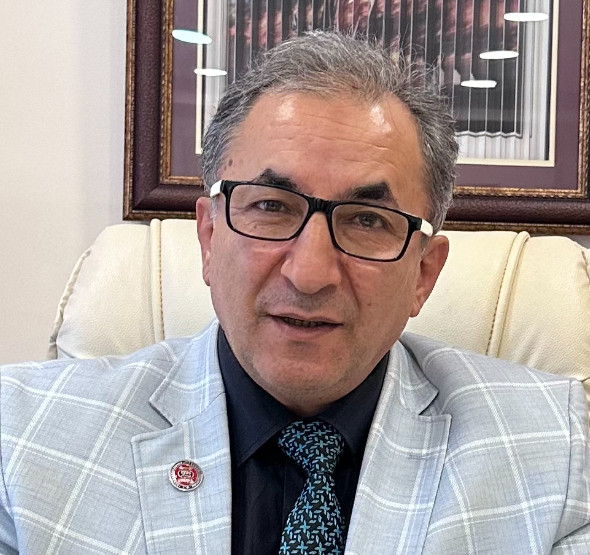To ensure the success of any political party in an election race, it is necessary to develop concrete policies based on a comprehensive political vision and create a sociology that supports these policies. In the current election process, we can see that the main opposition party, CHP, has failed to create a sociology that would lead it to victory.
In an attempt to overcome this sociological deficiency, CHP has resorted to various means. CHP Chairman Kemal Kılıçdaroğlu formed a six-party election coalition, including İYİ Party, Saadet Party, DEVA Party, Future Party, and Democrat Party. This way, the opposition bloc sought to appeal to the votes of nationalist-conservative Turkish voters. However, it was evident that the unspoken but undisguised member of this alliance was HDP. Thus, a vital contradiction emerged among the elements that make up the Nation Alliance.
Another deadlock in CHP's efforts to bridge the sociological gap was the failure to develop concrete policies based on a comprehensive political vision. Faced with this political deficiency, attempting to create a sociology by putting various political parties in the same basket was doomed to fail.
For instance, CHP failed to present a comprehensive international political vision in the field of foreign policy. While Türkiye started to play a dominant role regionally in international politics during AK Party's twenty-year rule, CHP's lack of political direction in foreign policy did not go unnoticed by the voters.
Similarly, while trying to increase its support base by aligning with HDP, CHP could not formulate any policies on the Kurdish issue. On the other hand, the ruling AK Party, including the Solution Process, made significant progress on this issue and was not hesitant to take bold actions. Similarly, while trying to gain the votes of religiously inclined voters by bringing certain political parties together, CHP failed to establish any credentials regarding religious freedom and conscience.
In an attempt to gain votes from HDP supporters, promises of autonomy for local administrations and freedom for Selahattin Demirtaş, populist nationalist rhetoric to attract votes from Saadet Party supporters, anti-immigrant sentiment to gain the support of Zafer Party voters, anti-Russian rhetoric to secure Greece's support, and embracing the discourse of the global media openly hostile to President Recep Tayyip Erdoğan, along with copying the national stance of the People's Alliance despite the alliance with HDP, all blended together within an advertising campaign...
Therefore, the failure of the Nation Alliance stemmed not only from a sociological deficiency but also from a political deficiency. Just as no war can be won without gunpowder, CHP could not overcome its sociological deadlock without engaging in politics. Without generating politics, it is impossible to create a consistent whole by combining different elements one after another. Instead, a conflicting structure is formed for short-term interests.
Meanwhile, the People's Alliance managed to gather around a comprehensive political vision and present its own set of policies. The versatile, independent, and proactive foreign policy vision and security doctrine, significant investments in infrastructure and defense industries, along with vital steps in the energy sector, and the slogan "We have completed infrastructure investments; now it's time to elevate the welfare of the nation" gained the support of the majority of voters. Particularly, policies aimed at achieving income equality, intergenerational justice for the youth, and a vision for the digital revolution economy, as well as the promise of complementary reforms in the relationship between law and democracy, received significant attention from voters.
In contrast, the opposition bloc shaped itself solely around opposition to President Erdoğan, rather than offering concrete policies to solve the nation's problems and improve welfare. This ice block that opposition parties held in their hands melted away as election day approached. A campaign devoid of politics, substance, and solely based on heavy criticism was destined to fail.
Meanwhile, in the face of the involvement of PKK, FETÖ, and the global media in the election process, voters, aware of the risks of losing the gains Türkiye achieved, demonstrated a national reflex and embraced President Erdoğan's political vision. In response to this electoral failure, the Nation Alliance decided to abandon slogans like "freedom for Selahattin Demirtaş" and "freedom for Osman Kavala" and instead embraced populist nationalist rhetoric during the remaining ten days of the campaign.
The adoption of anti-immigrant discourse by the alliance leaders, who previously made heart signs to the voters, shows how quickly their hearts turned cold.




